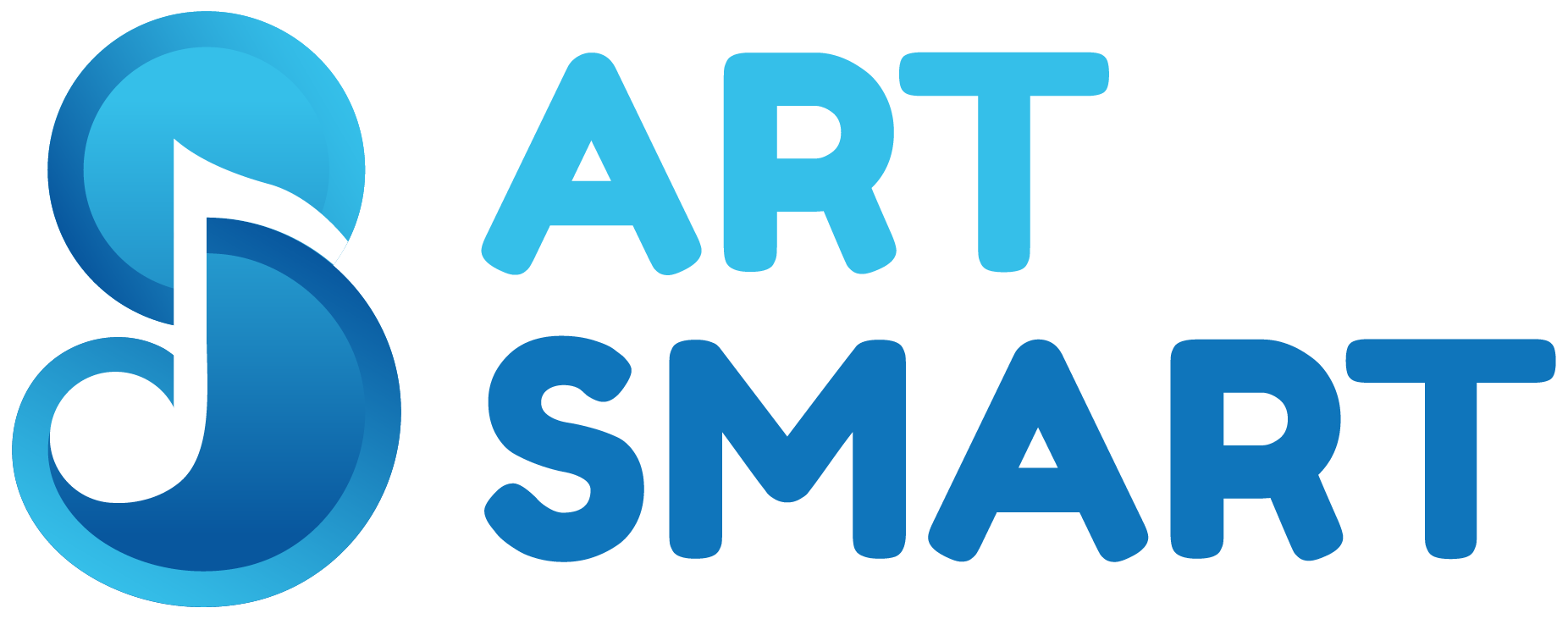
It’s Michael Fabiano’s day off from the San Francisco Opera’s production of “Manon,” but he’s hardly taking it easy. Instead, the 33-year-old tenor is being intensely questioned by arts teacher Keith Carames’ sixth-grade students in the James Lick Middle School auditorium. They excitedly shout their queries:
“Can you hit high notes?”
Yes, Fabiano answers.
“Low notes?”
To have good high notes you need to have good low notes, he explains.
“Are you as famous as Beyoncé?”
Probably not, he laughs.
“Who was your first teacher?” asks another student.
“George Shirley,” Fabiano says in the soft, yet resonant voice of an opera star between performances. “I studied with him at the University of Michigan. He was the first African American tenor to sing at the Met in New York.”
Fabiano originally applied to the school with an interest in studying business or eventually law (he was a champion debater in high school), but included a tape of himself singing with his application and was accepted to the music program. By his third voice lesson with Shirley, “He said to me, ‘You have a major talent’” Fabiano says. “He said, ‘Your talent is not like the rest of the talent in my studio. You have a huge obligation to share your talent, because it’s not yours, it’s everybody’s.’”
Sharply at 3:30, the sixth-graders are dismissed and a dozen other junior high students enter the auditorium, sheet music in hand. They are the first Bay Area participants in ArtSmart, Fabiano’s 2-year-old arts education program that brings voice teachers to public school students for weekly lessons. The pilot program began at East Side High School in Newark, N.J., in 2016 (Fabiano is a native of the state) and has been expanding to other cities on the East Coast. On this day, Fabiano will be working with the students personally.
The notes that he gives the young singers, all of whom had to audition for the program (“I think my students feel special because they were chosen,” Carames says), are almost entirely about the emotion of their songs.
“What’s the story behind the text?” he advises several. “Just speak the words; don’t sing them. Really understand what you’re saying.”
The students quickly respond to Fabiano’s instruction: His clear, direct language strips away any theatrical or operatic jargon and goes right to the fundamentals of performance.
“It has to be simple,” Fabiano says the next night in his dressing room before that evening’s performance of “Manon.” “The people that have worked with me best have spoken to me on simple, straightforward terms. It’s in the simplicity that we can have nuance.”
Since Fabiano founded ArtSmart, his career has also reached new heights. He’s in demand at opera companies and concert venues around the world and is getting some of the best reviews of his career. (The New York Times has praised his “sensitive, vibrant lyric tenor.” Of his performance in “Manon,” Chronicle critic Joshua Kosman wrote: “Fabiano’s vocal grandeur — now sweeping and impassioned, now delicately pointed — had a way of carrying everything along with him.”) In 2014, Fabiano also became the first singer to win both the Richard Tucker and Beverly Sills awards in the same year. Fabiano has also had what he describes as a “special relationship” with San Francisco and its audiences since his 2011 San Francisco Opera debut in “Lucrezia Borgia” opposite Renée Fleming. Fabiano has returned to San Francisco Opera six times since then, including for his debuts in “Louisa Miller” in 2015, “Don Carlo” in 2016 and this season in “Manon.” He’s also sung with the San Francisco Symphony. With those connections in mind, Fabiano says San Francisco felt like a natural place to start ArtSmart on the West Coast.
“I think there’s a lost generation, a gap where music education was not as prevalent,” Fabiano says of his Millennial age group. “It’s sad. A lot of people can’t even tell you who Mozart is. Even if I just move these kids into a deep appreciation of classical music, I’m already moving the dial.”
ArtSmart started from the ashes of a tech platform, ArtsLink, that Fabiano was developing with his high school debate team friend, Liz Letak.
“The idea was to connect musicians with last-minute gigs,” Fabiano says. “When certain complications arose with launching the company, we realized, we’d already laid the foundation for what would be ArtSmart. If I hadn’t had the experience trying to build a business I wouldn’t have been able to create a not-for-profit as effectively.”
With an international career on the rise, is it usual for an opera singer of Fabiano’s celebrity to take on a project as big as founding a national arts education organization?
“This is a pretty rare experience,” says Ruth Nott, San Francisco Opera’s director of education. “Stars do sometimes arrive and want to do a master class, but it’s once or twice, it’s not anywhere near what Michael is doing.”
“For as long as I’ve known Michael he’s been passionate about sharing his artistry and his love of music with children and broad communities,” says Opera General Director Matthew Shilvock. “Even before ArtSmart, he would take every opportunity when he came into town to work with education groups. He just has this insatiable hunger to maximize everything in the world that he can.”
Letak, who is also the general counsel for ArtSmart, agrees. “The way that Michael recharges is through other intellectual pursuits,” she says. “I think one of the best things he’s done for his career is start ArtSmart. Focusing on something where he can be an advocate for the community and opera at large allows him to see his art from a different perspective.”
Read this article by Tony Bravo in the San Francisco Chronicle.
Article DETAILS:
By Tony Bravo, San Francisco Chronicle | Published on 11/19/2017

